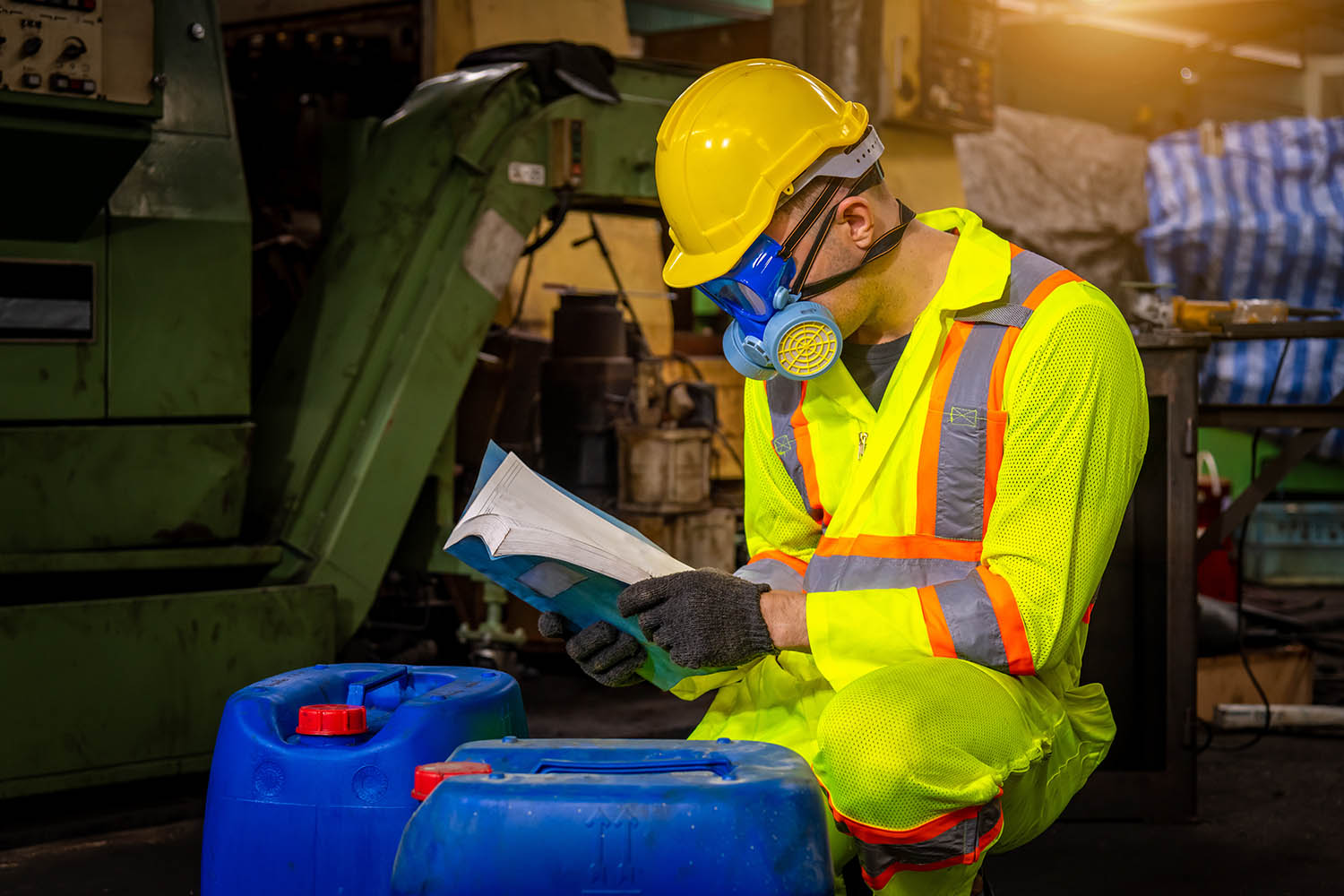We are in exceptional circumstances. Many of our customers working in the utilities industry, particular types of construction sites and other key public services are now considered key workers.
While Public Health England may change their recommendations in the future, for the time being we must all do our utmost to ensure the protection of the workforce still operating during the Coronavirus COVID-19 pandemic and minimise the risk of spread of infection.
For those of you still working and doing site visits, here’s some of the latest advice on how you can stay safe:
Shielding, Social Distancing and Self Isolating – What’s the Difference?
Shielding, social distancing and self isolating are all very important tactics to protect yourself and others from Coronavirus. However, there’s been a bit of confusion about the difference between these, so we thought we’d clear it up for anyone still unsure what they are, and which you should be doing.
Shielding
A measure to protect those who are at very high risk of severe illness from coronavirus (Covid-19) from coming into contact with the virus. Those most at risk should receive a letter or text from the NHS to strongly advise them not to go out for 12 weeks from the day you receive the recommendation.
Social distancing
Everyone in the UK should be practising social distancing at this time. It means staying at home and only going out to get essential supplies like food and medicine and once a day for exercise.You can also go out for medical needs and for work if it absolutely cannot be done for home. When you are out, stay at least 2 metres away from people that you don’t live with.
Self isolating
You should self isolate if you show symptoms of Coronavirus, such as a dry cough and high temperature, you think you might have been exposed to it, or live with someone with symptoms.
You should not leave home for any reason other than to exercise, staying a safe distance from others. If possible you should avoid going out to even buy food and other essentials. If you are unable to get supplies delivered, you should do what you can to limit social contact as much as possible when you do leave the house.
Being isolated can affect your mental health. If you’re struggling you can get support for your wellbeing from the Every Mind Matters website.
Staying Safe on Site
To implement the Government’s social distancing recommendation the Construction Leadership Council has now published Site Operating Procedures. Here is a summary:
Travel to Site
Wherever possible workers should travel to site alone using their own transport and sites need to consider:
- Parking arrangements for additional cars and bicycles
- Other means of transport to avoid public transport e.g. cycling
- How someone taken ill would get home.
Site Access Points
- Monitor site access points to enable social distancing – you may need to change the number of access points, either increase to reduce congestion or decrease to enable monitoring.
- Drivers should remain in their vehicles if the load will allow it and must wash or clean their hands before unloading goods and materials.
The workforce should also be required to stay on site once they have entered it and not use local shops.
Site Meetings
- Only absolutely necessary meeting participants should attend
- Attendees should be two metres apart from each other
- Rooms should be well ventilated / windows opened to allow fresh air circulation
- Consider holding meetings in open areas where possible.
Avoiding Close Working
There will be situations where it is not possible or safe for workers to distance themselves from each other by 2 metres. Non-essential physical work that requires close contact between workers should not be carried out.
- Work requiring skin to skin contact should not be carried out.
- Plan all other work to minimise contact between workers.
- Stairs should be used in preference to lifts or hoists
Canteens and Eating Arrangements
- With cafés and restaurants having been closed across the UK, canteens cannot operate as normal. The workforce should be asked to bring pre-prepared meals and refillable drinking bottles from home.
- Where catering is provided on site, it should provide pre-prepared and wrapped food only.
- Kettles and microwaves should be removed from use.
- Dedicated eating areas should be identified on site to reduce food waste and contamination.
- Workers should sit 2 metres apart from each other whilst eating and avoid all contact.
Cleaning
Regularly clean common contact surfaces in reception, office, touch points, access control and delivery areas e.g. scanners, turnstiles, screens, telephone handsets, desks, particularly during peak flow times.
Hand Washing
Require all workers to wash or clean their hands before entering or leaving the site. Providing hand cleaning facilities at entrances and exits. This should be soap and water wherever possible or hand sanitiser if water is not available. Sites will need extra supplies of soap, hand sanitiser and paper towels and these should be securely stored.
How Okappy Can Help
Okappy is designed to streamline your communications and workforce management processes, and is one solution that could help reduce disruption to your business. With Okappy you can communicate with your network, send and receive jobs, manage your workforce remotely, run reports, and raise invoices – all on one platform. You can receive updates to job details as they happen and view all important documents needed for the work in one secure place. To learn more, request a call here.






